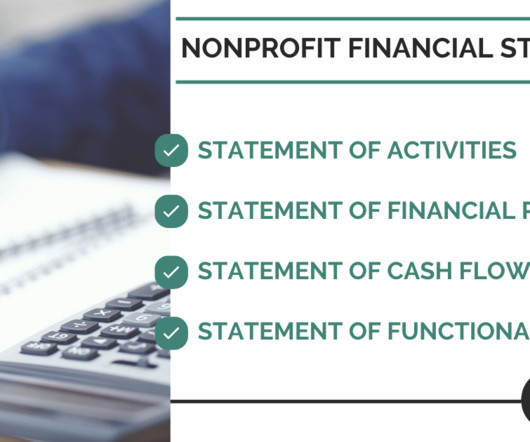From Controller to CFO: What Changes?
CFO Talks
MARCH 20, 2024
Key Differences in Everyday Tasks: Reporting: The Controller prepares financial reports; the CFO reviews these reports and uses them to make decisions or plan strategies. Financial Analysis: The CFO decides what financial analysis to do to improve the business and shares these insights with other department heads.















Let's personalize your content